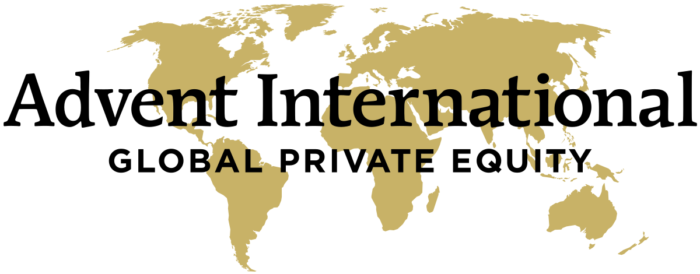BIA City and Finance Update April 2018
April was a mixed month – showing both the frailty and the strength of the bio-investing world. Also this month, we discuss IPOs and introduce the investor, Advent International – a private equity specialist.
A MIXED MONTH
For UK biotech businesses April was a mixed month. Fundraisings continued with Diurnal’s £10.5m announced on 3rd April followed by nearly an additional £100m raised in the UK for other companies both publicaly and privately including US$115m for Benevolent AI on a US$2bn valuation. The M&A market was also busy. At the end of March, GSK bought the rest of the consumer joint venture it had with Novartis for $13bn, and then Novartis spent some of this windfall on AveXis, (a US specialist in spinal muscular atrophy - US$8.7bn price). At the same time, Shire entered into talks to be acquired by Takeda for c£46bn and 50% share of the enlarged business.
Currently, the announced Shire deal is for £27.26 per share in new Takeda shares, to be listed in Japan and in the US through an ADR (American Depositary Receipt) listing, and £21.75 per share in cash, representing a potential value of £49 per share, and well up from the IPO 20 years ago at £1.71 per share.
There was more evidence of creative financing strategies by Big Pharma. Pfizer placed its CAR-T assets into Allogene Therapeutics, and GSK offloaded its gene-therapy asset to Orchard Therapeutics, while Shire sold its oncology business to Servier for US$2.4bn, before the Takeda deal was announced.
And this wasn’t only an April feature, in fact overall the sector had seen a solid first quarter. Discussed further here , including some positive read-outs on trials from companies such as Summit Therapeutics.
But the month finished with Dublin based NASDAQ listed Prothena failing its clinical trial. It will have an immediate affect on investors such as Woodford Asset Management (see here for his comment), which as of 12th March 2018 owned 29.9% of Prothena. Split as of (31st March 2018) into a 9.12% holding in its Patient Capital Trust and 3% holding in its Equity Income Fund), and on its partners Celgene and Roche.
JARGON OF THE MONTH: IPO
An initial public offering (IPO) is the first time that the stock of a private company is offered to the public. This stock trades on an exchange, e.g. the London Stock Exchange. This used to be a face to face transaction but is now almost wholly electronic and is usually effected through intermediaries such as brokers. In theory, companies can list on the stock exchange and offer their shares to the public without raising any money. But this is unusual in general and unheard of the Life Sciences sector; companies typically seek to raise significant funds through an IPO. In the UK, brokers act for biotech companies, most of which will look to list their shares on the Alternative Investment Market (AIM) whose rules are less onerous than the main exchange.
We are holding a webinar on 1st May (Introducing the Broker) to explain the various roles played by brokers to help a company raise money or trade shares. Please sign up here.
For investors, IPOs can be risky; the final trading range of a company’s shares can never be guaranteed. The risk is exacerbated by the lack of independent research and review by other analysts in the sector. But, investing at this early stage can be rewarding. Meanwhile, existing investors will, in many cases, look to sell their shares; the IPO may be their first opportunity to realise a return. This can make it even trickier for new investors coming into the company.
INTRODUCING THE INVESTOR: ADVENT INTERNATIONAL
Founded in 1984, Advent International is one of the world’s largest private equity firms. Private equity involves private ownership of a company’s shares. Private equity - unlike an IPO and venture capital – tends to be held in established companies.

Since 1989, Advent has invested US$40bn in over 335 private equity investments across 41 countries, and as of December 31, 2017, managed US$42bn in assets. One of Advent’s five key sectors is healthcare where it has been investing for nearly three decades in 33 companies across 14 countries.
In mid-April Advent announced that it is negotiating with Sanofi to acquire Zentiva, Sanofi’s European generics business for €1.919bn. This deal is expected to close at the end of 2018.
This communication should not be regarded as investment research or marketing materials and does not constitute any recommendations to buy or sell shares.
.png)
.png)